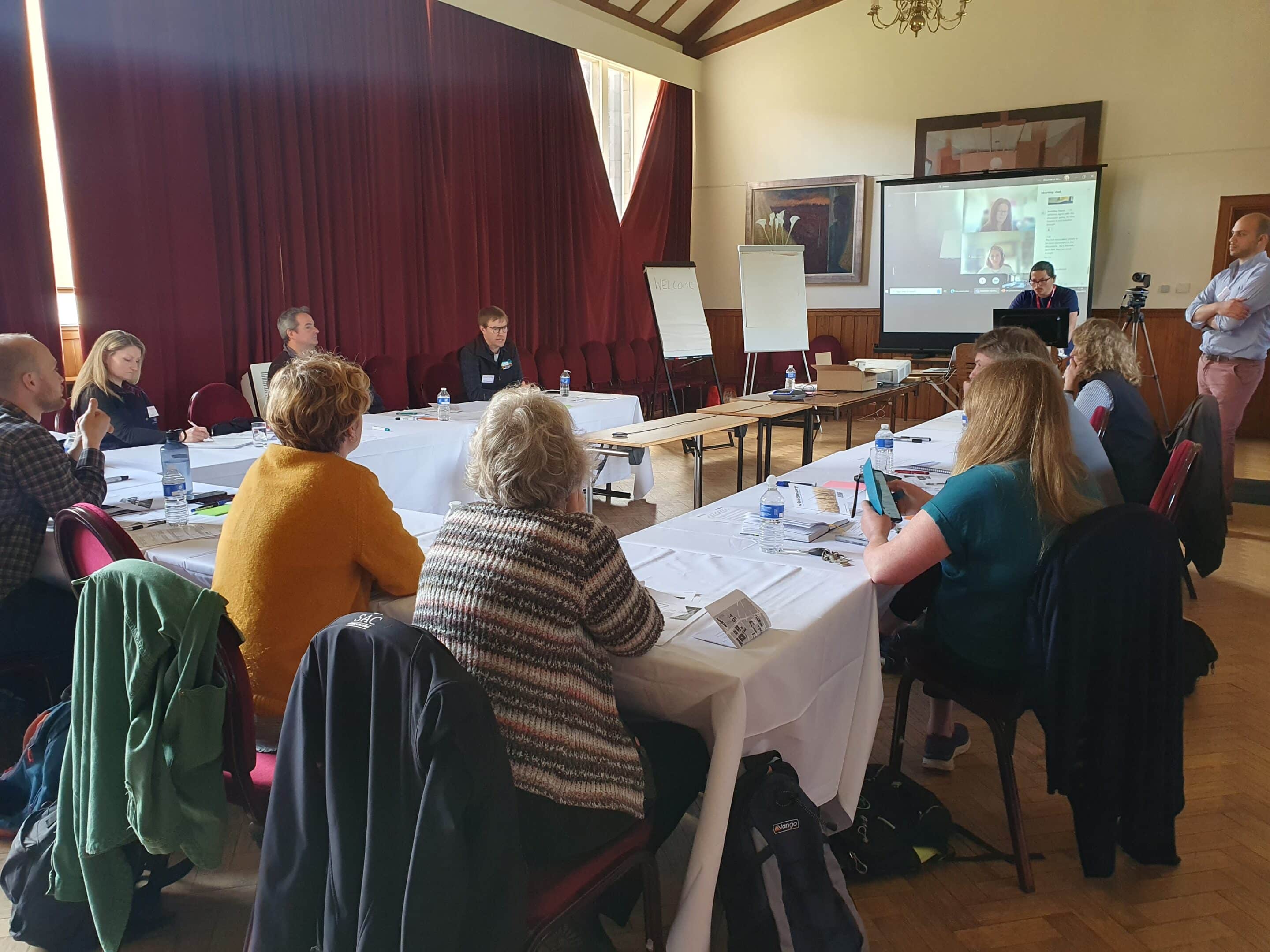Organic production systems are widely valued for their potential to help address the many environmental and ecological pressures that are undermining the sustainability of the food sector. In Scotland, various market and policy-related constraints complicate the transition towards organic farming as evidenced in the decline of organic certified land in recent years. There is a need for effective, two-way communication among a range of stakeholders from farm to policy to work together to foster more holistic pathways required to realise the transition toward organic farming systems.
To address these challenges, the VISIONARY team from the University of Aberdeen organised a workshop with an SPI (Science-Policy-Interface) to understand the actions needed going forward. Multiple stakeholders from the organic value chain (including farmers, certification bodies, advisory service providers), policymakers (local and national level) and NGOs were brought together to investigate what issues, in their opinion, should be considered when modelling interventions, and what are the policy and market-based measures needed to promote the transition towards more organic farming.
This context will provide the foundation for the improved collective understanding of barriers and drivers of transition to organic farming in Scotland, and develop a set of recommendations to improve the effectiveness of policy approaches, enhance the organic value chain and promote market development. In the first SPI workshop held in May 2023, some key recommendations were proposed for the sector as follows:
- Government Leadership: Participants raised the need for public leadership in mainstreaming and vocalising the role organic farming can play in complementing the broader national agenda towards carbon-neutral and biodiversity-friendly farming.
- Policy tools – Organic Action Plan in Scotland: The need for an Organic Action Plan (OAP) in Scotland that can serve as a road map for the Scottish organic sector.
- Supply chain infrastructure: Public and private investments in supply and value chain infrastructure (e.g., distribution networks, locally certified organic processors & abattoirs) are needed to provide essential means for ‘Local-Organic’ producers to fairly access the market.
- Prioritising public food procurement: Maximise the potential benefits of public food procurement in providing financial stability to producers and promoting organic market development by re-designing procurement rules and procedures and setting national targets that prioritise the procurement of local organic food.
